What if your closet could speak your emotional language? A guide to getting dressed with intention, instinct—and a touch of poetry.
More Than Fashion, Clothing as Emotion
Clothes are often seen through the lenses of function or fashion—something we wear to stay warm, stay decent, or stay on trend. But beneath the seams and silhouettes, our wardrobe is quietly doing something more profound: reflecting our inner world.
An outfit can be armor, worn to shield us on difficult days. It can be a canvas, expressing joy, boldness, melancholy, or whimsy without a single word. It can even be a secret love letter to ourselves—a way to say I see you, I care, I’m here. When we dress with intention, we step into emotional fluency: using color, texture, and shape as a kind of language.
Style is a way to say who you are without having to speak.”
— Rachel Zoe
The Psychology of Dressing: What Our Clothes Say About Us
The connection between clothing and emotion isn’t just poetic—it’s also psychological. The concept of enclothed cognition, coined by researchers Hajo Adam and Adam Galinsky, suggests that what we wear can actually influence our behavior, performance, and mood. When we put on a piece of clothing, we don’t just wear it—we embody the symbolic meaning we attach to it.
Colors, too, carry emotional weight. Red is often linked to power and passion. Blue calms the nervous system. Black can signal authority, mystery, or introspection. And texture plays its part: silk feels indulgent and sensual, while cotton comforts like a soft embrace.
In other words, your clothing doesn’t just tell the world who you are—it tells you who you are, too. When you align your wardrobe with your inner state, or use it to shift your energy, dressing becomes a kind of emotional ritual.
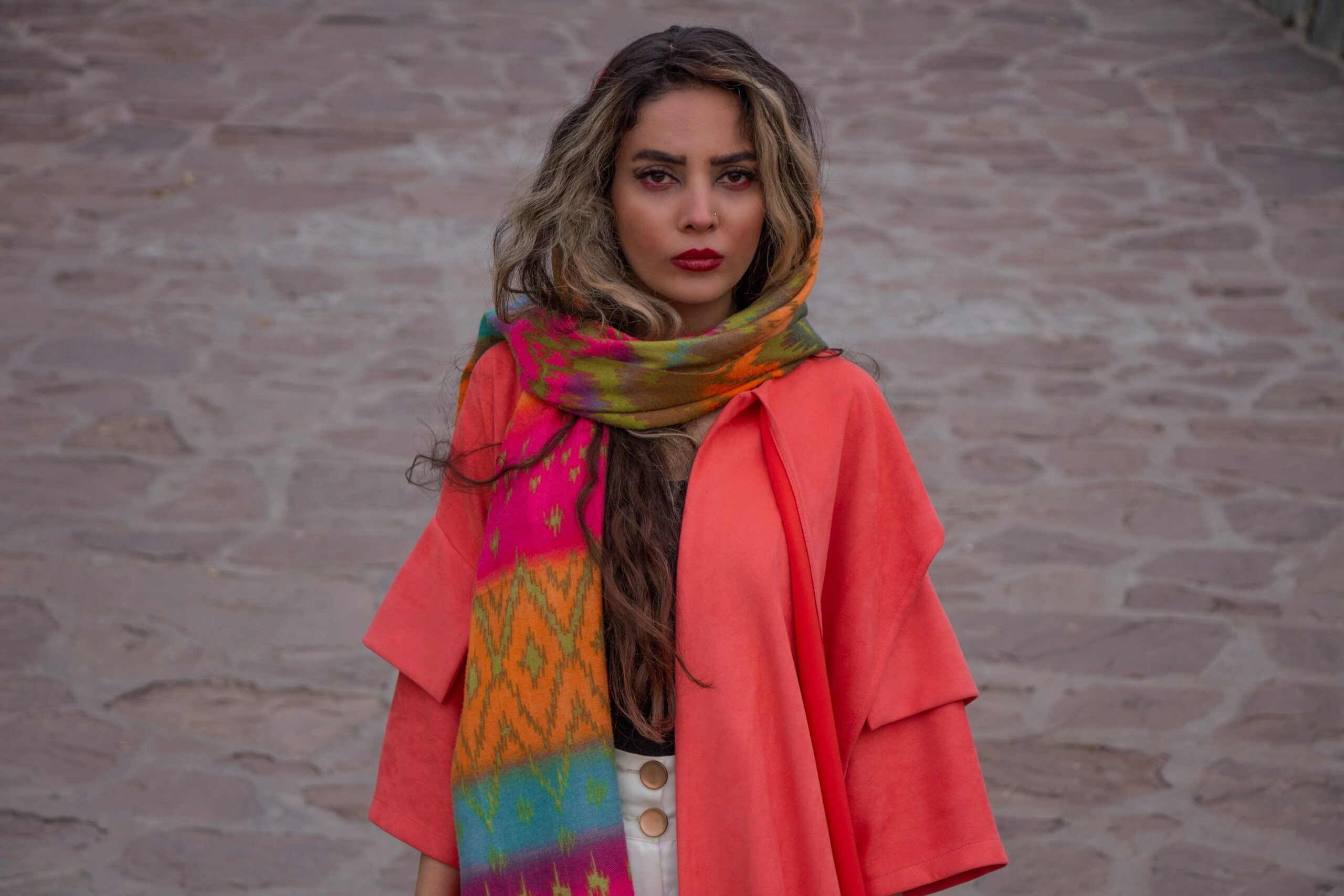
A Style Guide by Emotion
The beauty of mood dressing is that it invites you to tune inward before reaching for the hanger. Here’s a guide to help you match emotion to outfit with intention and soul:
Confidence
You feel bold, focused, ready to conquer the day.
Wear: Structured pieces, strong silhouettes, power tailoring. Think blazers, monochrome sets, bold colors like red or cobalt blue, and a statement heel.
Vibe: Command the room before you even speak.
Melancholy / Introspection
You’re feeling tender, contemplative, or low-energy.
Wear: Soft knits, loose shapes, cashmere, cotton, flowing dresses. Choose earth tones, greys, or pastels.
Vibe: Give yourself permission to cocoon and feel.
Romance
You’re daydreaming, glowing, open-hearted.
Wear: Delicate fabrics—silk, lace, chiffon. Rose or cream tones, vintage flourishes, ruffles, pearls.
Vibe: Soft focus. Sensual, cinematic.
Playfulness
You’re curious, light-hearted, maybe a little rebellious.
Wear: Patterns, bright colors, eclectic layering, mismatched jewelry. Think dopamine dressing with no rules.
Vibe: Let your outfit smile for you.
Groundedness
You feel centered, calm, and connected.
Wear: Linen, wool, bamboo, neutral palettes, minimal lines. Comfort is elevated.
Vibe: Effortless, earthy, at peace.
Track How You Feel in Your Clothes
To truly curate an emotional wardrobe, start observing what your outfits do to your energy. A simple journal or note on your phone works—track what you wear and how it makes you feel before and after.
Ask:
- Did I feel like myself in this?
- Did this outfit support the mood I was in—or shift it?
- Was I dressing for someone else or with myself in mind?
Over time, patterns emerge. You'll learn which pieces empower you, which soothe, and which no longer serve who you're becoming. Dressing becomes intuitive, a dialogue between how you feel and how you want to feel.
The Mirror is Mine: A Personal Philosophy
For me, dressing has always been personal. Even on days when I have nowhere to go, I still like to look in the mirror and feel good about what I see. Not for approval. Not for Instagram. But for the quiet joy of honoring myself in that moment.
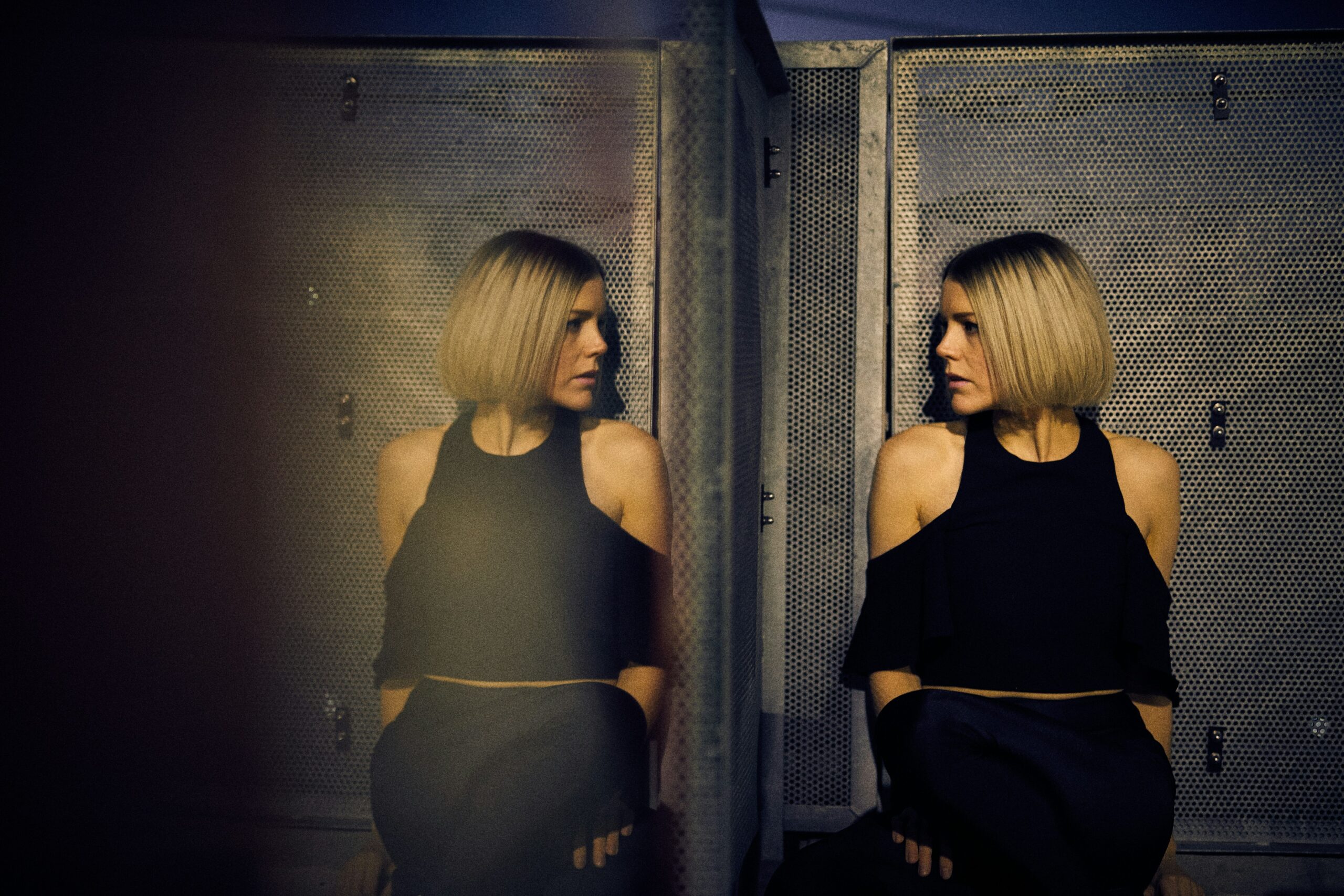
Sometimes that means a cashmere robe, soft socks, and a messy topknot. Sometimes it’s a crisp shirt that makes me stand taller. The point is: I dress for me. My wardrobe isn’t just about appearances—it’s a conversation with my emotional self. A comfort, a companion, a celebration.
Because the truth is, what we wear isn’t superficial. It’s spiritual. It’s how we show up for ourselves before we show up for the world.
About the author
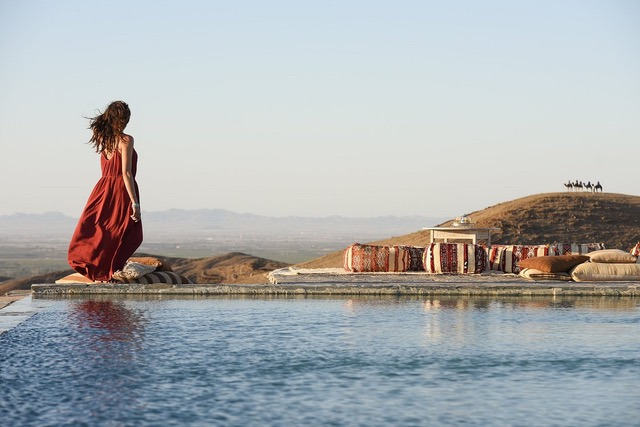
Subscribe
-
 A Dazzling new Era for ancient wonders The Gran Egyptian Museum
A Dazzling new Era for ancient wonders The Gran Egyptian Museum -
 Solomeo Italy's Hidden Hamlet of Harmony and Haute Couture
Solomeo Italy's Hidden Hamlet of Harmony and Haute Couture -
 Breakfast with Michela Mola, on Hospitality, Luxury and Rome
Breakfast with Michela Mola, on Hospitality, Luxury and Rome -
 Crafted for the Senses, inside L'Oscar's Design Alchemy
Crafted for the Senses, inside L'Oscar's Design Alchemy -
 From Conflict to Connection, how Communication shapes Human Relationships
From Conflict to Connection, how Communication shapes Human Relationships


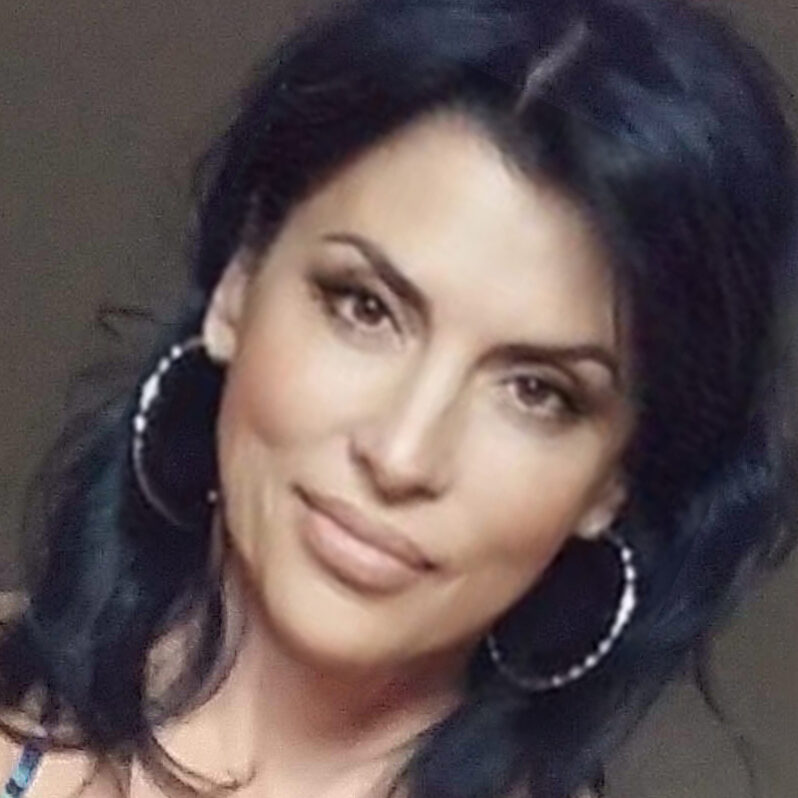


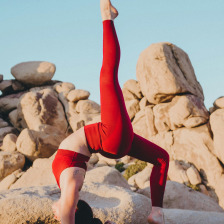


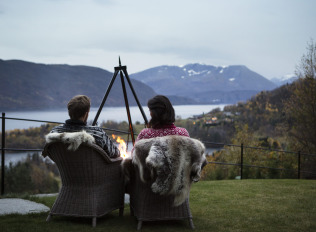
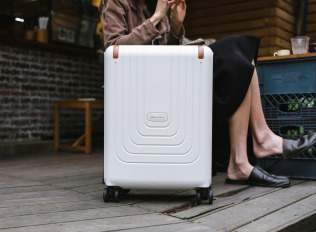
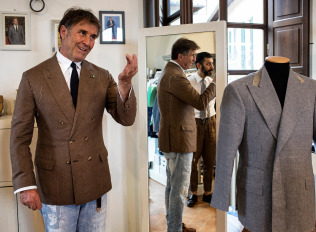
Leave a Reply